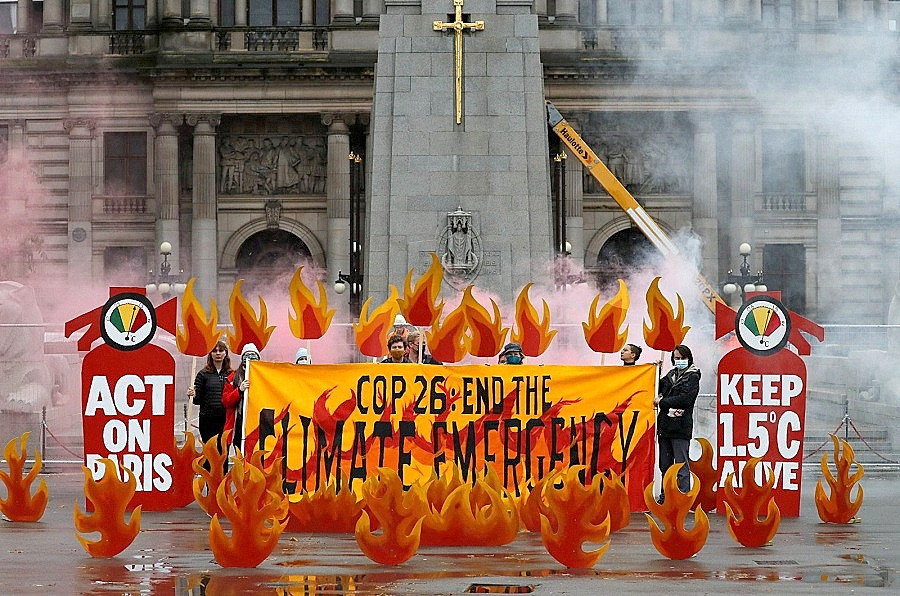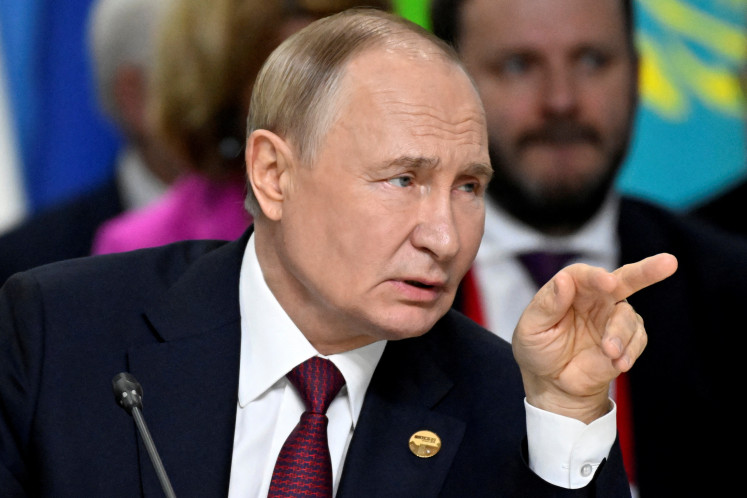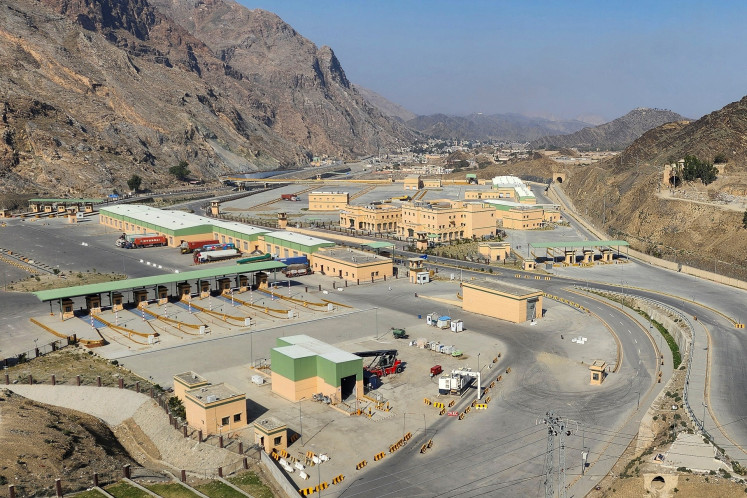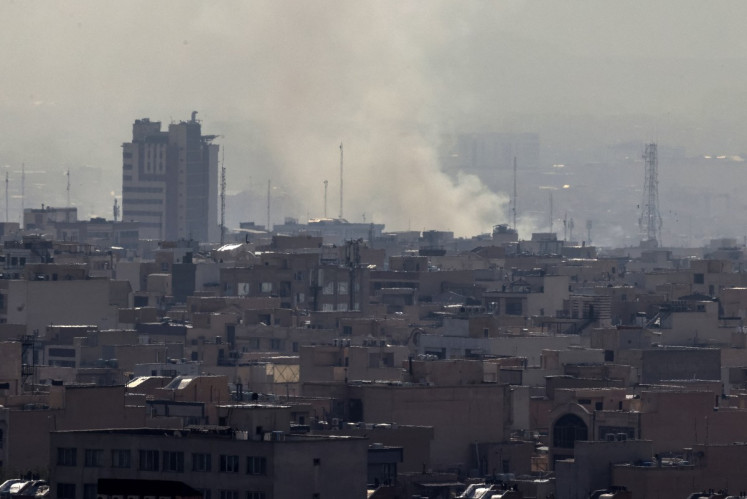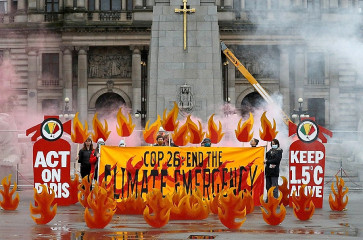Popular Reads
Top Results
Can't find what you're looking for?
View all search resultsPopular Reads
Top Results
Can't find what you're looking for?
View all search resultsCOP26 sees push to speed up carbon-cutting vows
Currently, the nearly 200 nations that submitted voluntary emissions-reduction schemes under the 2015 Paris Agreement have agreed to update those plans every five years, a process described as a "ratchet mechanism".
Change text size
Gift Premium Articles
to Anyone
W
ith science warning that only swift action can avoid cataclysmic global warming, countries already feeling the lash of climate change are demanding that the timetable for updating national carbon-cutting pledges be radically accelerated.
Currently, the nearly 200 nations that submitted voluntary emissions reduction schemes under the 2015 Paris Agreement have agreed to update those plans every five years, a process described as a "ratchet mechanism".
The first set of revisions came due at the end of 2020, but most were not submitted until this year because of the COVID-19 pandemic.
China, by far the world's top carbon polluter, filed its update only last week, and India—the number-four emitter—did so at the COP26 summit in Glasgow, UK, on Monday.
But even if all national pledges are honored—a big "if--Earth's surface would still warm a "catastrophic" 2.7 degrees Celsius above pre-industrial levels, according to the UN, a far cry from the Paris treaty target of 1.5 Celsius.
The next scheduled rendezvous for upping ambition is not until 2025.
Sobering projections, however, from the UN's science authority along with a crescendo of unprecedented heatwaves, flooding and wildfires, strongly suggest this is not soon enough.

